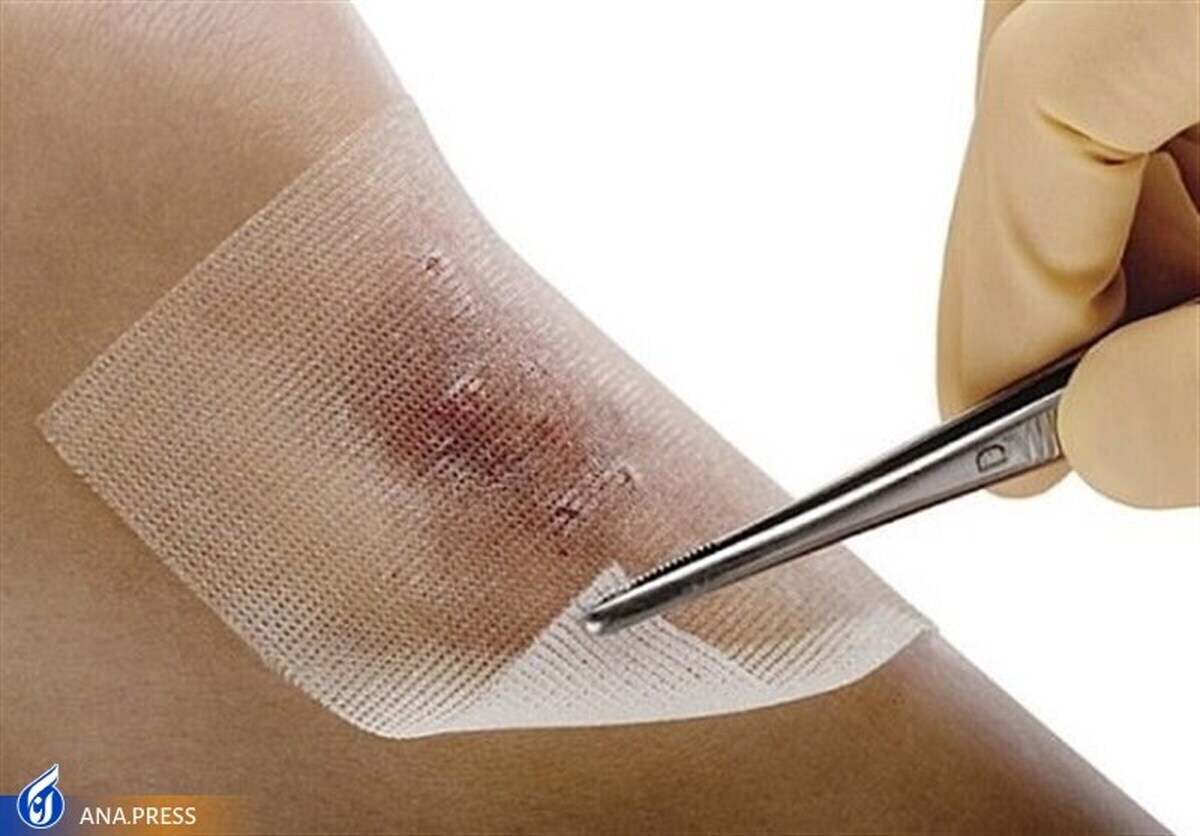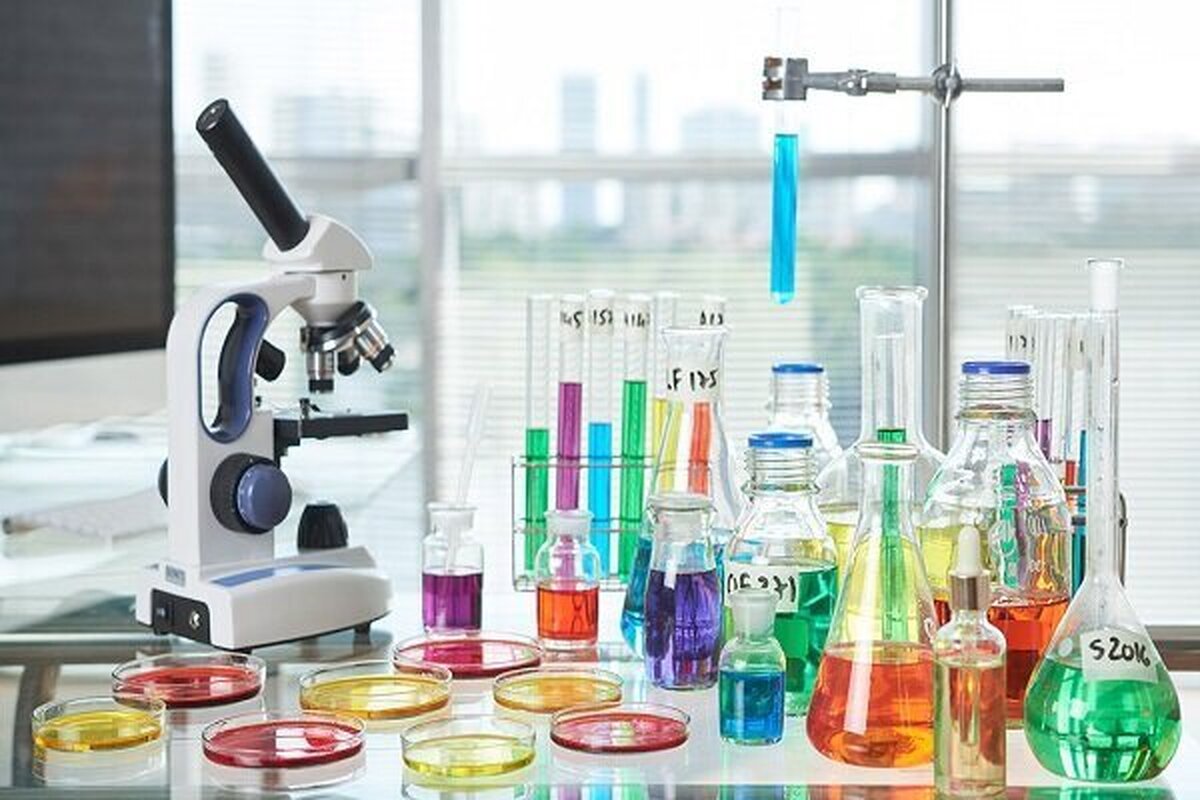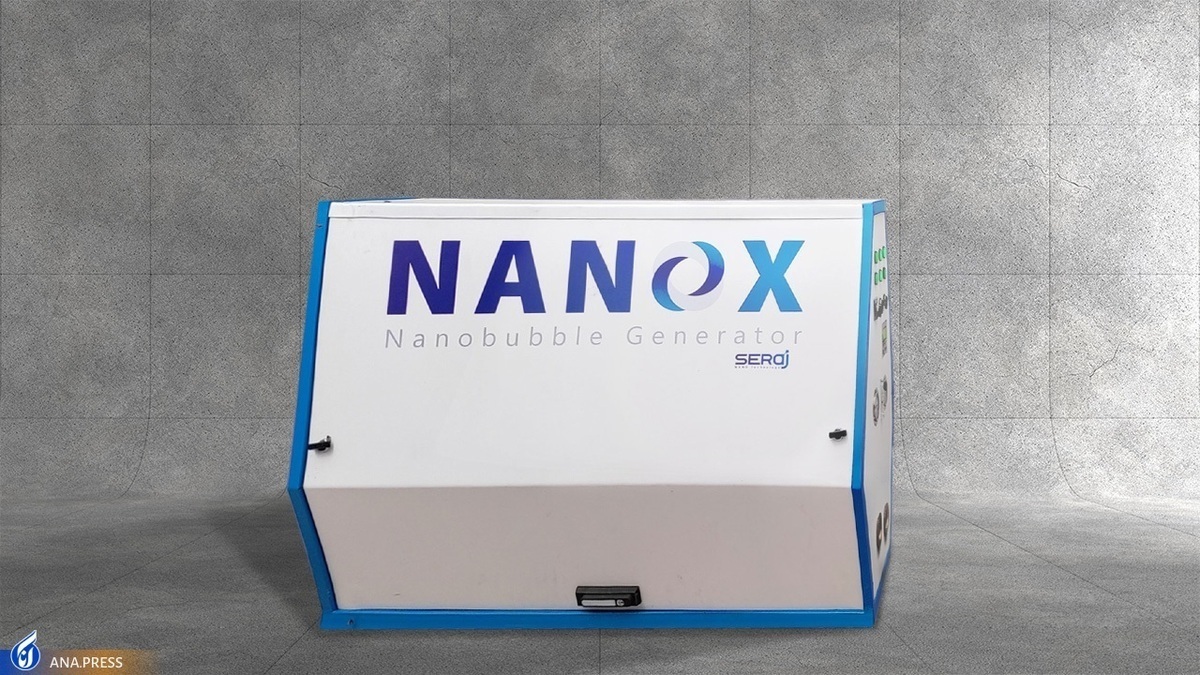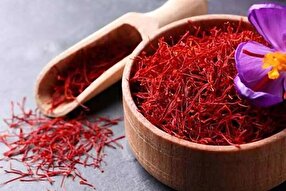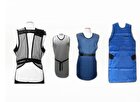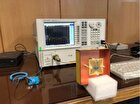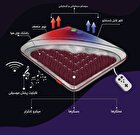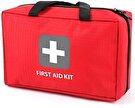Top News of Last Week with ANA

Azad News Agency (ANA) published a number of scientific and technological news during the past week whose top ones are as follows:
Iranian Museum Showcasing Extinct, Endangered Species
Pardisan Museum of Diversity is one of Tehran’s many museums where crowds of Iranian and foreign tourists jostle on a daily basis. It was inaugurated in 2000 in a park of the same name (Pardisan), and since then it has been an influential center for educating all age groups and nature lovers.
The institution collects, registers, records, identifies, categorizes, and preserves samples of animals and plants from all over the world.
Taxidermies of endangered birds like partridge, bustard, and ring-necked pheasant and extinct animals like Caspian tiger and Persian lion are among the museum's treasures.
Warmer Arctic Ocean Leads to More Snowfall in Northern Eurasia
A new model developed by researchers at Hokkaido University explains that water evaporating from the Arctic Ocean due to a warming climate is transported South and can lead to increased snowfall in Northern Eurasia in late autumn and early winter.
These findings will allow for more accurate predictions of severe weather events, the journal npj Climate and Atmospheric Science reported.
Because of global warming, air temperatures are rising, which leads to the melting of glaciers and polar ice caps. Yet, seemingly paradoxically, snow cover in some areas in northern Eurasia has increased over the past decades. However, snow is a form of water. Because global warming increases the quantity of moisture in the atmosphere, it also, therefore, increases the quantity and likelihood of rain and snow. Understanding where exactly the moisture comes from, how it is produced, and how it is transported south is relevant for better predictions of extreme weather and the evolution of the climate.
Iranian Researchers Find Treatment for Tinnitus, Hearing Loss
A team of researchers at an Iranian knowledge-based company, managed to manufacture a device that is capable of treating tinnitus and hearing loss.
They produced an electrical stimulation device for the rehabilitation of people with hearing problems.
Mola Jafari, one of the researchers, said that cochlear implant systems are among the achievements of the company.
The system is used for people who are completely deaf, Mola Jafari said, adding that the system is surgically placed in a part of the head and helps people regain their hearing.
Improving Healing Rate of Bone Injuries with Iran-Made Technological design
An Iranian metallurgy scientist proposed for the first time a project for industrial production of magnesium biodegradable scaffold by casting method for bone applications, a plan which leads to improvement of the healing rate of bone injuries.
“Using scaffolds as a suitable ground for the proliferation and growth of cells and tissues can help continued cell growth until the complete replacement of the spot by the host tissue,” said Abouzar Rezayee Barvati, a Ph.D. student in metallurgical and materials engineering at Islamic Azad University’s Najafabad branch.
Noting that various methods exist for making three-dimensional metal scaffolds for use in bone tissue engineering, he said, “One of the suitable methods for producing metal scaffolds is the casting method, which was used in this research. In this method, molten magnesium is cast in a special mold containing space-creating materials, and a magnesium scaffold is finally produced after removing the space-creating materials.”
Iranian Knowledge-Based Companies Uses Technology to Manage Natural Disasters
An Iranian knowledge-based companies uses geomatics technology to offer a solution for managing natural crises including forest fire, dust storms and floods.
The intelligent satellite image processing system which is called "SAHM" monitors the environmental phenomena all across the country and sends technical reports to users after processing satellite images based on artificial intelligence algorithms.
This system has been designed and produced by one of the knowledge-based companies with the support of the Iranian Vice Presidency for Science, Technology and Knowledge-Based Economy and helps users in disastrous situations.
The system processes satellite images of "burning areas in forests and plains", "water areas of wetlands and lakes", "dust storms-hit areas", " oil pollution in the seas", "deforested areas", "exploring mines", "monitoring and intelligentization of agricultural fields", "prediction and relief efforts in floods-hit areas " etc. and sends the information and data to users who are usually organizations and people.
Iran Indigenizes Paint Tech for Planes’ Fuel Storage Tanks
An Iranian knowledge-based company has achieved the know-how for applying a special kind of paint on the interior side of fuel storage tanks at airports, in order to prevent micro-organisms from growing in the fuel containers and later damaging different parts of jet airplanes.
Iranian Company Uses Method for Origin Identification of Food Based on DNA
Parsian BioTech, an Iranian knowledge-based company, has developed a method for the origin identification of food based on DNA.
Parsian BioTech company has received its first license as a partner laboratory from the Food and Drug Administration of the Ministry of Health in this regard.
The scope of activity of the company includes qualitative identification of genetically modified products (GMO), tracking food fraud based on DNA, and identifying Halal food and pharmaceutical materials and products.
Iran-Made Smart System Able to Realize Up to 40% Energy Saving
An Iranian knowledge-based company designed and built a smart system that is able to reduce fuel consumption by 40 percent.
The company was established in 2010 by designing, indigenizing, and manufacturing smart central heating systems.
Maryam Shekari, the managing director of the company, has said that the smart energy monitoring and control system is one of the achievements of the knowledge-based company that can lead to energy savings by 15-40 percent.
The company finally managed to produce smart energy control systems for central heating rooms and the products were approved by the Energy Saving Organization, she added.
Takgene Group, First Producer of Probiotic in Iran
Takgene Group knowledge-based company is the biggest producer in the Iran's microbiology industry and supplies microorganisms in the form of biological products, an announcement by the group's website said.
“Tekgene Knowledge-Based Group is the largest producer in the country's microbiology industry that supplies a variety of practical microorganisms in the form of biological products by focusing on creating knowledge through investing in innovative ideas,” the website of the knowledge-based company said in a statement.
“Tekgene stands out among others because of its distinguished human resources, superior technology and scientific infrastructure,” the announcement added.
It also said that the company’s main mission is to improve the life standards of people and considers it as possible to achieve this goal only through collective cooperation.
Newly Discovered Cluster of Genes Increases Longevity
The Interventions Testing Program, which is funded by the National Institute on Aging (NIA), reported finding of numerous candidate genes that influence longevity.
The three Interventions Testing Program sites—The University of Texas Health Science Center at San Antonio, The University of Michigan at Ann Arbor, and The Jackson Laboratory at Bar Harbor, Maine—collaborated with Johan Auwerx’s lab at the École Polytechnique Fédérale de Lausanne in Lausanne, Switzerland, and Robert W. Williams’ lab at the University of Tennessee Health Science Center at Memphis, the Scitechdaily reported.
“Some candidate genes impacted female life span while others affected the male life span,” said Randy Strong, Ph.D., of the Sam and Ann Barshop Institute for Longevity and Aging Studies at UT Health San Antonio. “One cluster of genes increased longevity of both sexes. In a rarity for these types of studies, the findings were made in a population of mice with genetic diversity comparable to human populations.”
Iranian Knowledge-Based Firm Develops Machine to Clean Surfaces
An Iranian knowledge-based company has developed a device to clean many surfaces in industrial small or large spaces as well as surfaces in homes.
Farhad Afshar, the managing director of an Iranian knowledge-based company said in an interview with reporters that the name of the device is "Eis Plus" and it is one of the technological achievements their knowledge-based company has made so far.
The designer of the machine added that for cleaning surfaces, the machine transforms the CO2 gas into liquid at minus 172 temperature degree.
Saying that the machine is able to clean all surfaces small or large in homes and other places without using water and detergents, he said, that their system is eco-friendly and is known as "green industry" in the world as it meets standards.
Iran to Launch Infrastructure for Testing Electric Cars
The Iranian Vice Presidency for Science and Technology plans to launch the infrastructure for testing electric cars in the country.
Shahriyar Zeini, an official with the Vice Presidency, told reporters that since establishing such infrastructures requires huge investments, utilizing the existing infrastructures is on the agenda.
For the time being, R100 (battery safety testing) and R10 tests are necessary, he said, adding that R100 tests are underway.
The R100 is intended to ensure the safe operation of rechargeable batteries under anticipated operating conditions and to provide a greater level of safety.
Iran Breaks US Monopoly in Production of Medicine for Treatment of Precocious Puberty
An Iranian knowledge-based company succeeded in production of a three-month slow-release drug for the treatment of precocious puberty and some types of breast cancer, breaking the US monopoly.
A knowledge-based company in Iran will soon present its three-month slow-release drug ‘Triptorelin Pamoate’ to the country's pharmaceutical market. This medicinal product is used in the treatment of prostate cancer, precocious puberty in children, uterine diseases and some types of breast cancer.
“The production technology of this product is based on in situ-forming gels (formed at the injection spot), which has been indigenized in the country after years of academic research,” said Mohammad Taqi Fat'hi, the managing-director of the knowledge-based company.
He added that the injectable systems formed on the spot consist of two separate syringes, one containing the active pharmaceutical ingredient and the other containing a biocompatible and biodegradable polymer carrier (absorbable by the body).
Iranian Researchers Take Big Strides in Reduction of Energy Consumption by Using AI
A knowledge-based company in Iran has managed to use artificial intelligence (AI) to set up an intelligent system to save energy.
“Our company has designed a platform that studies the structure of the industrial network from all aspects by creating an interconnected and integrated system, including 15 systems and 80 modules in different areas of an organization (with a focus on the field of exploitation) to use the potentials hidden in the network and create stable conditions,” Morteza Taqvayee, the managing-director of ‘Behpouyan Amin Montazer’ company, told ANA.
“We can manage resource limitations with this system,” he added.
“At present, we are specialized in the field of water and electricity, but in the future, using the system in the oil, gas and mining fields will be possible on which several of our research and technical teams are working,” Taqvayee said.
4155/v
